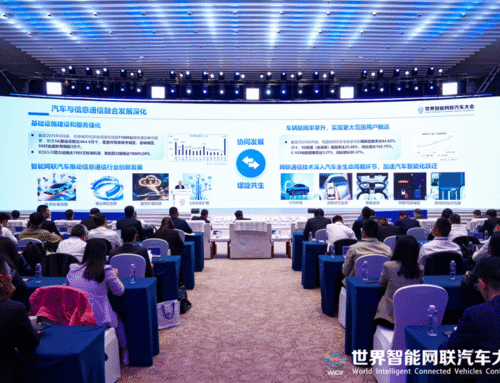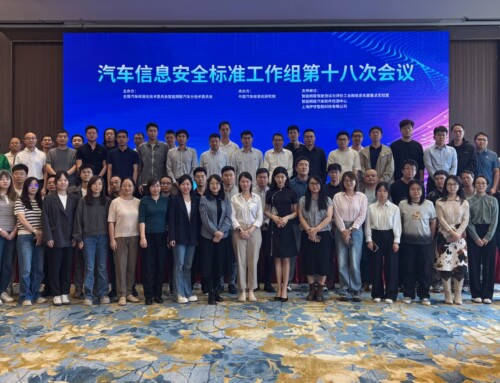On August 22, 2024, the National City Sustainable Development Standardization Technical Committee (SAC/TC567) released the draft for comments of the national recommended standard project: 20231601-T-469 Smart community infrastructures – Guidelines on data exchange and sharing for smart community infrastructures (hereinafter referred to as the Standard). The comment submission period will remain open until October 20, 2024.
The Standard is an identical adoption of ISO/TS 37172:2022 Smart community infrastructures – Data exchange and sharing for community infrastructures based on geographic information, which was developed under the leadership of a Chinese team with participation from several countries. The international standard was officially released in October 2022. At the request of the Standardization Administration of China (SAC), the Chinese drafting team simultaneously translated the international standard, laying the groundwork for its conversion as national standard.
In May 2024, the SAC/TC567 established a working group to develop the corresponding national standard. Building on the translated international standard, the working group focused on understanding the current landscape of data exchange and sharing for smart community infrastructures in China, including its characteristics, relevant policies, and applicable theories and practical cases. After multiple rounds of discussion and refinement, the draft was released for public comments in August 2024.
The Standard is organized into six main sections: introduction, application scope, normative references, terminology, concepts and abbreviations, data exchange and sharing, and an annex. The core of the Standard is detailed in three key chapters, specifically covering roles and benefits (Chapter 6), the framework for data exchange and sharing (Chapter 7), and application scenarios (Chapter 8). Additionally, the annex includes case studies that showcase successful implementation examples both domestically and internationally.
Overall, the Standard proposes a geographic information-based approach to data exchange and sharing for smart community infrastructures, aiming to connect multi-source, heterogeneous infrastructure data across departments through geographical location. The goal is to provide authoritative, unified, and convenient services for urban planning, construction, and management, while avoiding redundant efforts. Ultimately, the Standard aims to support government decision-making and enhance urban operation and management capabilities.




